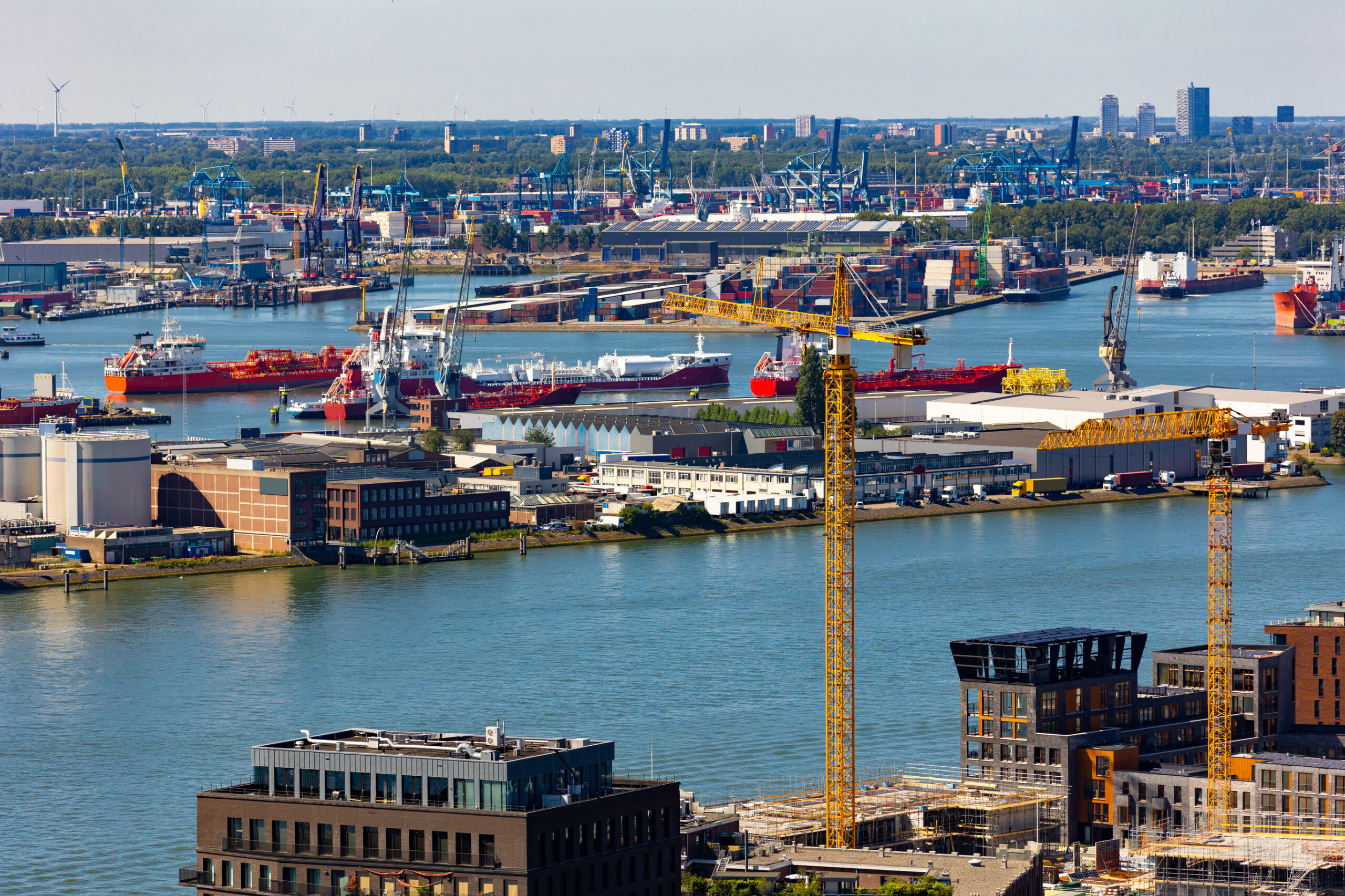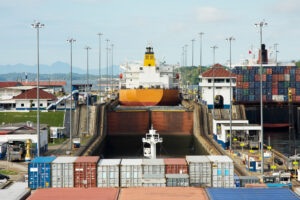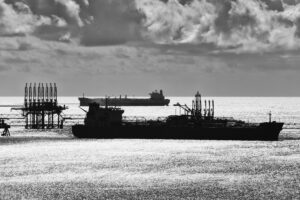Cargo throughput in the port of Rotterdam slightly declined by 0.7% in 2024. Total throughput amounted to 435.8 million tonnes, compared to 438.8 million tonnes in the same period last year. According to the port of Rotterdam, the decline in throughput is mainly due to lower coal and crude oil throughput.
The Port has called on the European Commission and the Dutch government to strengthen the competitiveness of European and Dutch industry and to remove barriers.
The port continues to adapt to circumstances to maintain its competitive position and continue delivering economic and social value to the Netherlands and Europe, it said.
“In the run-up to the publication of the Clean Industrial Deal and the Spring Budget, the Port Authority, together with international partners, is calling on the European Commission and the Dutch government to strengthen the competitiveness of European and Dutch industry and to remove barriers. The focus should be on reinforcing international supply chains and industrial clusters,” Port of Rotterdam Authority said in a statement.
Meanwhile, the financial position of the Port of Rotterdam Authority allowed for an 11% increase in gross investments to €320.6m.
The largest investments in 2024 included the further development of quay walls for the expansion of container terminals in the Prinses Amaliahaven (€42.5 million), the construction of the CO2 transport and storage project Porthos (€39.4 million), the widening of the Yangtzekanaal (€22.5 million), and the development of the Portlantis port experience centre (€12.8 million).
The Port Authority also reported a strong financial year. Financial results indicate a 4.8% increase in revenue to €882.0m, whilst earnings before interest, depreciation and taxes (EBITDA) increased by 2.7% to €563.5m. Net profit increased by €40.2 million to €273.7 million.
Furthermore, a significant step forward in enhancing cybersecurity within the Dutch maritime sector was taken with the establishment of a national cybersecurity platform for the Dutch seaports.
The port authorities under the Dutch Seaports Association (BOZ) – Groningen Seaports, North Sea Port, Port of Rotterdam, Port of Moerdijk, and Port of Amsterdam – have decided to collaborate with companies in their regions to enhance the digital resilience of the port ecosystem.
In the fight against drug-related crime, the Port Authority says that it supports the rollout of the Secure Chain.
“This public-private partnership aims to enhance the digital resilience of supply chains against crime and theft,” the port of Rotterdam claims in its statement.
Boudewijn Siemons, CEO of Port of Rotterdam Authority, noted: “Last year, we found ourselves as a stable port in turbulent international waters. Geopolitical tensions and regional conflicts impacted the global economy, leading to market uncertainty.
“Economic growth in Europe lagged behind other regions, which is reflected in throughput and business investments in the port of Rotterdam. Despite global conflicts, we have demonstrated resilience as a port and continue to invest in the port of the future.”



